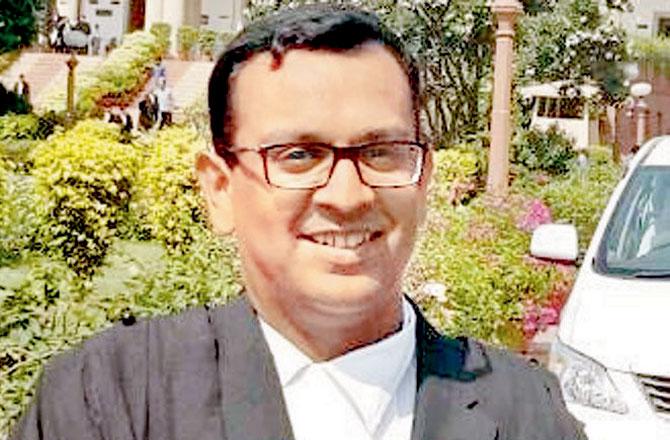Experts reveal that lack of government control to keep e-commerce platforms in check, means that cab aggregators can wash their hands off bad service

Tanzila Shaikh lost her life on June 14 after Uber driver Inderjeet Singh Bhatti rammed his car into a stationary garbage van
When you book a taxi with a private cab aggregator the next time round, you might want to think twice about what you're risking. In the short span of a month, two cases related to Uber India — a rash driver crashing his car into a stationary garbage van, killing passenger Tanzila Shaikh and a consultant, Preshit Deorukhkar, being charged R850 for cancelling a ride — and how the aggregator washed its hands off them, have put the spotlight back on the protection of consumer rights on e-commerce platforms.
ADVERTISEMENT
What is common to both these cases is that Uber India has not rendered any support to the victims. Worse, they have refused to take any responsibility on the grounds that it is just "a technology company, which provides the app that renders a software application service to transportation providers". In fact, when the family of Reza Abid Ali, 45, a resident of Khar who continues to be in a vegetative state after an Uber driver knocked him down in November 2016, slapped a legal notice against the cab aggregator, Uber's response only reeked of indifference.

Tanzila Shaikh
At the time, Uber said that the company just provides on demand logistics via its mobile application that "connects registered users with registered and independent transportation service providers, who wish to avail transportation services from the driver partners". It further said that Uber does not exercise control over the ability of the said driver partners, who provide their services directly to the users. But the lack of safety net for consumers, has thrown open an important debate on whether digital India initiatives might be coming to us at a huge cost.
What can be done
While a few experts feel that the need of the hour is to bring such e-commerce platforms under the direct control of the government, some say there's need for a new law to govern e-commerce platforms. Advocate Manoj Mhatre, a consumer activist, who practises in consumer law, said, "We need necessary amendments to the existing acts. For instance, the moment Uber or any application-based aggregator or e-commerce site takes money or commission for the services provided, it means the person using or availing such a service becomes a consumer and the law of the land should protect his/her rights. The service provider or e-commerce platform cannot excuse themselves from taking responsibility. They are equally responsible, as they are the interface between the consumer and the supplier/service provider."

Manoj Mhatre
According to Mhatre, an amendment bill to the Consumer Protection Act of 1986 is still pending before the legislation. "This bill enforces consumer rights and provides a mechanism for redressal of complaints regarding defect in goods and deficiency in service. Also, with digital space now being used by consumers for daily needs, the necessary amendment should be brought in the bill to protect consumer rights in the digital space too," he said.
E-commerce conundrum
Advocate Floyd Gracias, counsel, Supreme Court said that it's not only aggregators who are refusing to take responsibility, almost all e-commerce players do the same. "They say that they are only a virtual marketplace or a platform for purchasers and vendors to connect. They, therefore, evade responsibility," said Gracias. He added, "Similar excuses have been made by other e-commerce sites, saying that fake or defective products are not their liability and it ought to be resolved between the buyer and the third party vendor. They apparently cooperate by only providing the third party vendor/driver/service provider details."

Floyd Gracias
The question that ought to be raised, therefore, under the law of contracts, as well as consumer protection, is the issue of "price paid" for the service. "Price is paid to the e-commerce site and not to the respective vendors. The agreement is between the e-commerce site and its user. We need legislation whereby all relevant laws need to be updated to prevent such circumvention of law," he said.
Also Read: Uber accident death: NGO asks for cab aggregators to be placed under government control
Catch up on all the latest Crime, National, International and Hatke news here. Also download the new mid-day Android and iOS apps to get latest updates
 Subscribe today by clicking the link and stay updated with the latest news!" Click here!
Subscribe today by clicking the link and stay updated with the latest news!" Click here!






